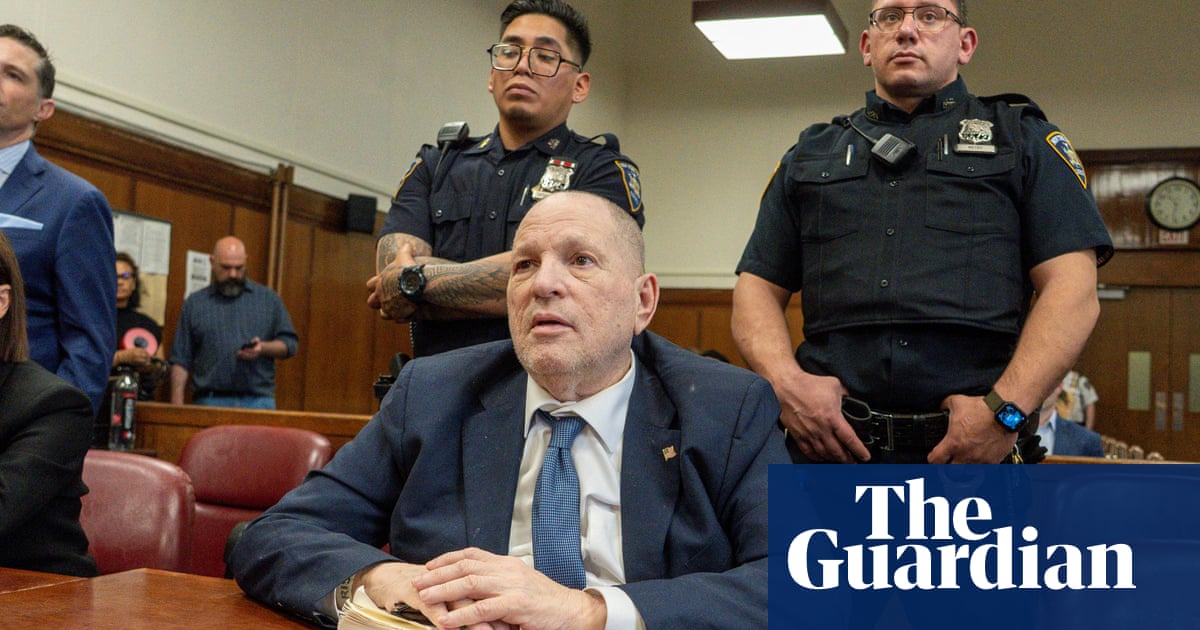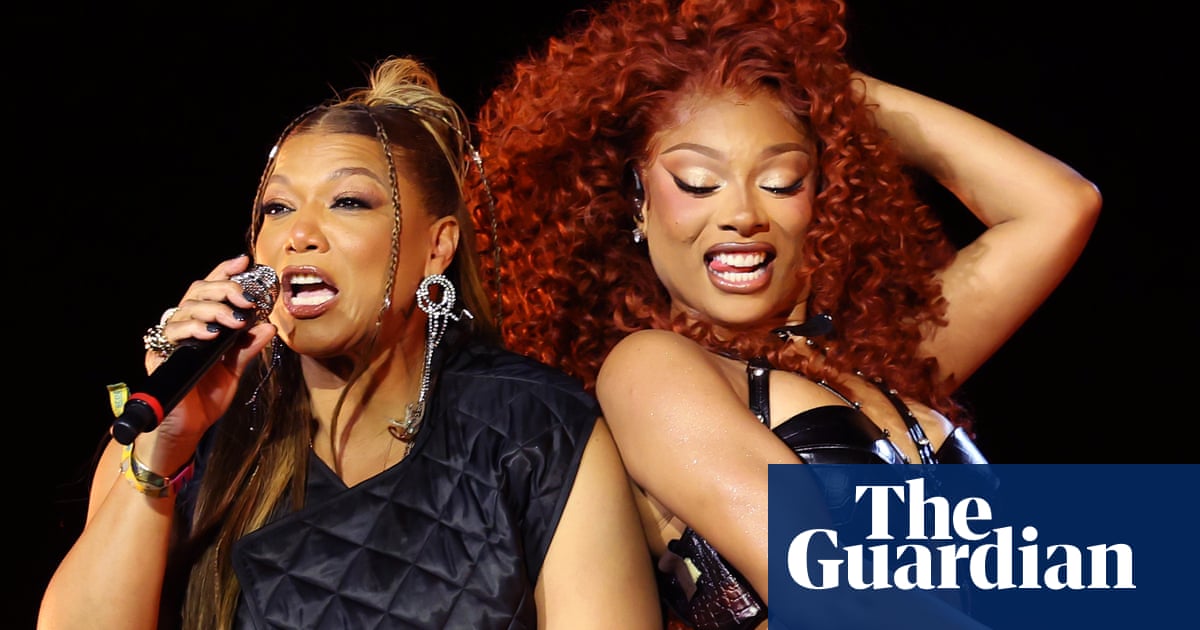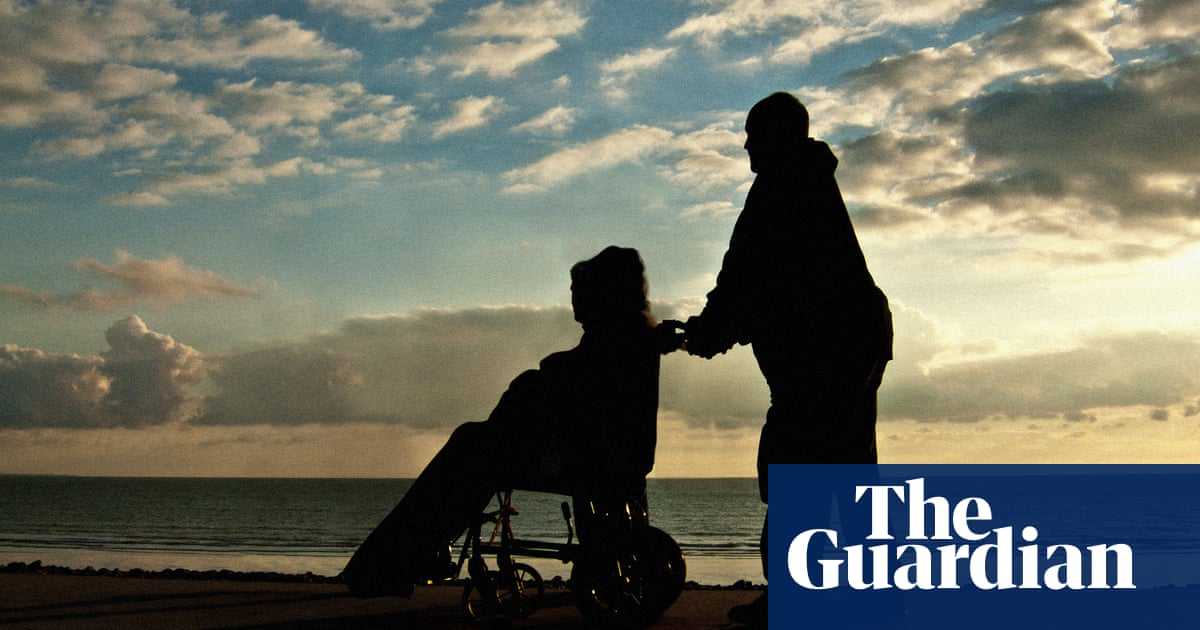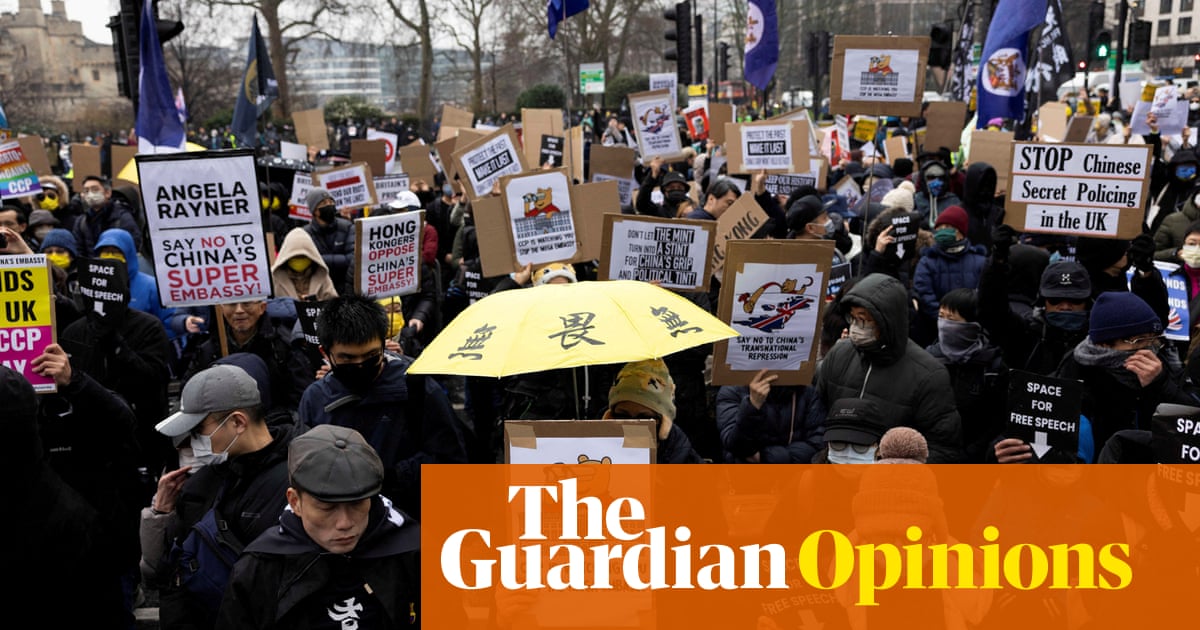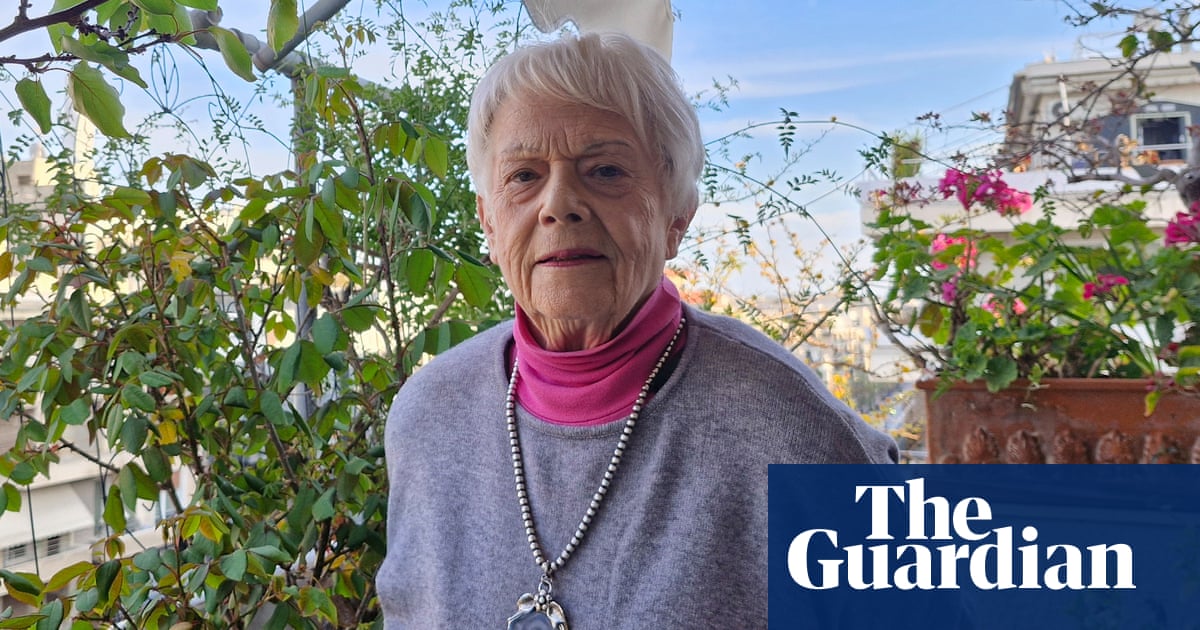Requests to remove books from library shelves are on the rise in the UK, as the influence of pressure groups behind book bans in the US crosses the Atlantic, according to those working in the sector.
Although “the situation here is nowhere [near] as bad, censorship does happen and there are some deeply worrying examples of library professionals losing their jobs and being trolled online for standing up for intellectual freedom on behalf of their users”, said Louis Coiffait-Gunn, CEO of the Chartered Institute of Library and Information Professionals (Cilip).
Ed Jewell, president of Libraries Connected, an independent charity that represents public libraries, said: “Anecdotal evidence from our members suggests that requests to remove books are increasing.” The School Library Association (SLA) said this year has seen an “increase in member queries about censorship”.
Most of the UK challenges appear to come from individuals or small groups, unlike in the US, where 72% of demands to censor books last year were brought forward by organised groups, according to the American Library Association earlier this week.
However, evidence suggests that the work of US action groups is reaching UK libraries too. Alison Hicks, an associate professor in library and information studies at UCL, interviewed 10 UK-based school librarians who had experienced book challenges. One “spoke of finding propaganda from one of these groups left on her desk”, while another “was directly targeted by one of these groups”. Respondents “also spoke of being trolled by US pressure groups on social media, for example when responding to free book giveaways”.
It is “certainly possible that the scale of censorship we’re seeing in the US will influence the debate over here”, said Jewell. However, the level of influence to date is far from clear, particularly because the nature of censorship requests in the UK seems to differ from those brought forward in the US.
Censorship by pupils in UK schools, including “vandalising library material, annotating library books with racist and homophobic slurs”, and damaging posters and displays was identified in Hicks’ study, which she wrote about in the spring issue of the SLA’s journal, The School Librarian. Such censorship “is not something I have seen in the US”, she said.
The types of books targeted may also differ. “Almost all the UK attacks reported in my study centred on LGBTQ+ materials, while US attacks appear to target material related to race, ethnicity and social justice as well as LGBTQ+ issues,” said Hicks.
While the study was small, the “LGBTQ focus of book challenges was undeniable”, wrote Hicks. Challenges were levelled against Alice Oseman’s Heartstopper series, about the love story of two British schoolboys, and “coded” narratives in books such as Billy’s Bravery by Tom Percival, about a boy who wants to dress up as his favourite superhero, Nature Girl.
This supports the findings of an Index on Censorship survey last year, in which 28 of 53 librarians polled reported that they had been asked to remove books from library shelves, many of which were LGBTQ+ titles. In more than half of those cases, books were taken off shelves.
However, a 2023 study by Cilip, which found that a third of UK librarians had been asked by members of the public to censor or remove books, did identify themes of race and empire as among the most targeted, along with LGBTQ+.
While there may be differences in how the challenges are playing out, “this should not take away from the huge impact these attacks are having” in the UK, said Hicks. “My research demonstrates that UK school librarians are facing equivalent levels of distress and hostility in the face of book ban challenges such as these.”
In the US, book banning measures have been enacted across a number of states in recent years. “Library leaders in the UK are paying close attention to what’s happening in the US and there’s definitely a strong feeling of solidarity with American librarians,” said Jewell. Coiffait-Gunn of Cilip added that the profession “looks on with deep concern at the increasingly polarised and political debate” in the US about “what people, especially children, are allowed to read”.
One cause for concern in the UK is the “lack of robust evidence” about how widespread censorship is, said Coiffait-Gunn. “It’s hard to evidence what doesn’t happen and which books are not available.” The government does not tally how many school libraries or librarians there are, “let alone track book bans”.
Most UK libraries follow the Cilip ethical framework, which states that published materials should not be restricted on any grounds but the law, said Jewell. “That gives them the confidence and assurance to reject demands” for censorship.
“What we must guard against is a climate where libraries avoid stocking certain books – or holding talks or activities – for fear of negative publicity, threats or intimidation,” he added. “It’s vital that libraries feel able to provide access to a wide range of perspectives if they are to facilitate the free exchange of ideas.”

.png) 1 day ago
6
1 day ago
6


